Andromeida Underwater Robotics
Empowering Ocean Innovation, Dive into Cutting-Edge Underwater Robotics

Empowering Ocean Innovation, Dive into Cutting-Edge Underwater Robotics

Dive into Innovation with Andromeida's Underwater Robotics
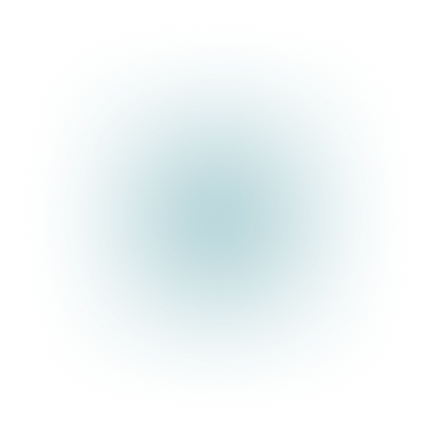
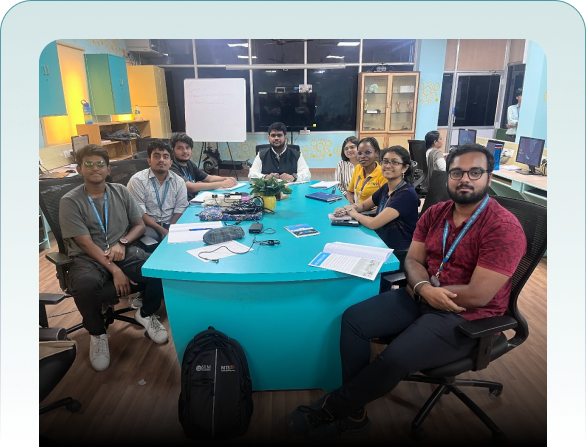
Andromeida is a pioneer in underwater robotic solutions, delivering beyond excellence in marine innovation. Andromeida’s focus on the Unmanned Underwater Robot (UUR) — a fully customizable underwater robot designed for academic researchers, marine explorers, and innovators. We invite you to explore how our home-grown technology is redefining underwater research and attracting visionary investors. Join us o...
Dive into Innovation with Andromeida's Underwater Robotics
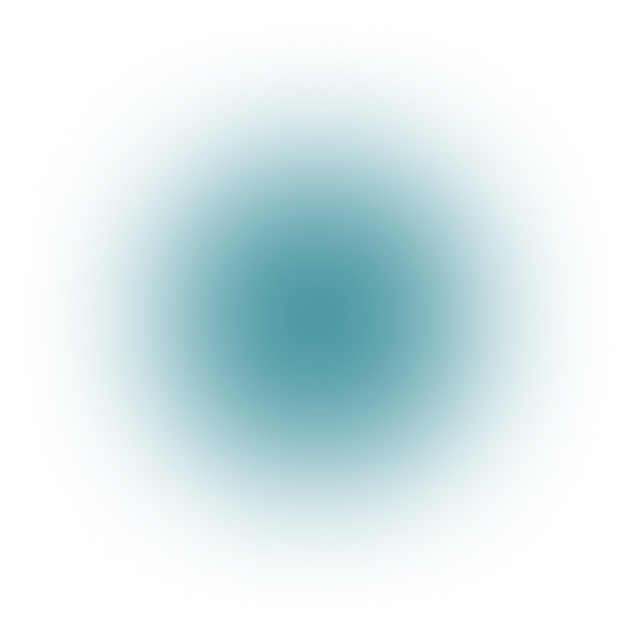
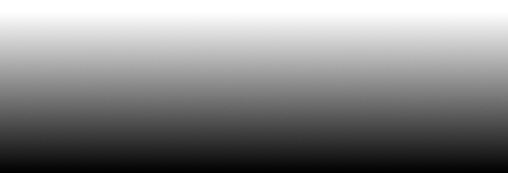
The newest edition to Andromeida Fleet, this UUR (Unmanned Underwater Robot) is a state-of-art tool that empowers marine researchers with unparalleled precision and efficiency in underwater exploration.


Dive into the future of pool maintenance and marine research with Andromeida's groundbreaking underwater robotics. From ensuring pristine pools to advancing marine exploration, our robots are here to redefine standards and innovate everyday.
Book a call today and start building your robot.
Our team admires your vision and designs subsystems which meet your expectations.
Customise
your
very own propulsion and power control units with our experts.
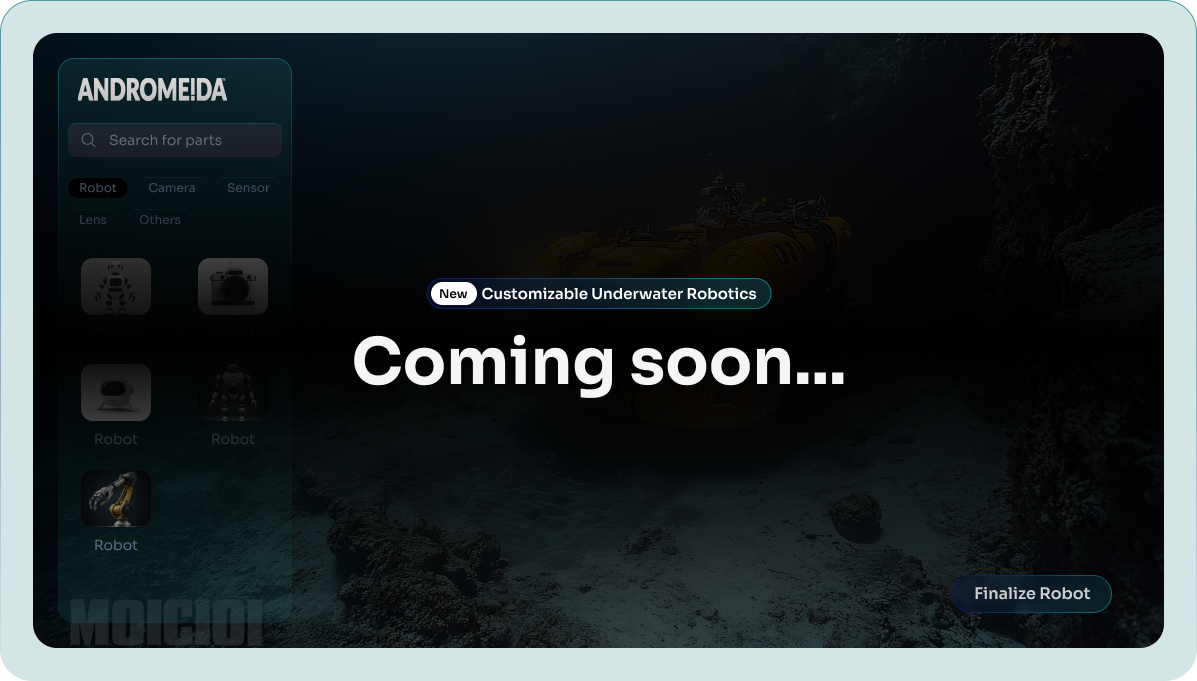
Whether it's ensuring a hygienic pool for your perfect dive or an ideal ecosystem for another
incredible
marine discovery, Relax.., as our Robots got your back

Maintain clean and safe pools effortlessly with Pool Buddy, ensuring a worry-free swimming experience.
Dive deeper for precise marine research with our Unmanned Underwater Robot (UUR™) empowering researchers and explorers with first of its kind 'Modular Payload', engineered to facilitate your preferred components

Revitalize your blurry snaps with our AI powered image enhancement tool AquaSee and perform hassle-free analytics.
Andromeida loves to co-create compelling solutions and is committed to the cause of engineering cutting edge services for the Blue
An AI-based image enhancement pipeline, AquaSee captures and analyzes ocean data
to
mitigate
adverse ecological impacts.

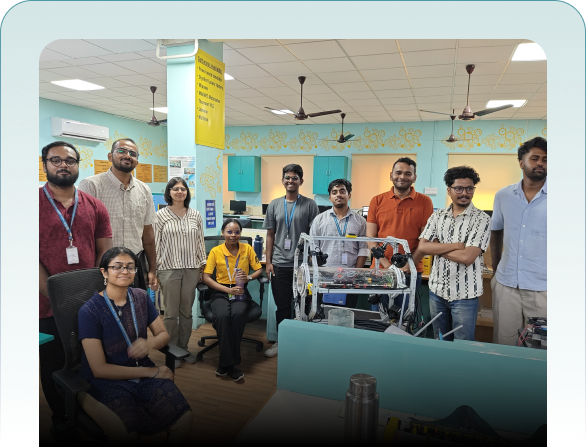
Explore our cutting-edge robotic solutions designed to redefine pool maintenance and revolutionize marine research. Join us on a journey towards a brighter future underwater.
Experience Innovation at its Very Best with your Smart Pool Cleaning Assistant.
An underwater robot that ensures healthy and hygienic swimming pools through its patented
disinfection methodology.

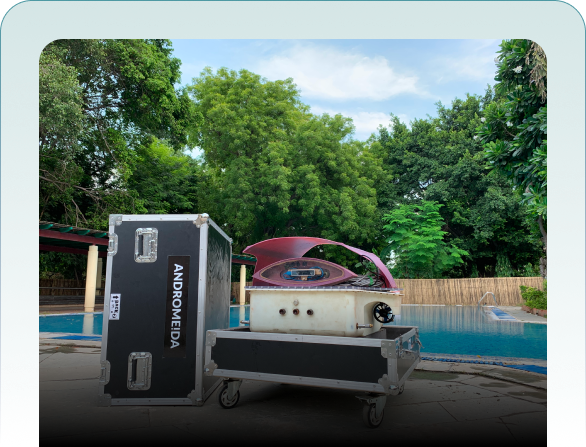
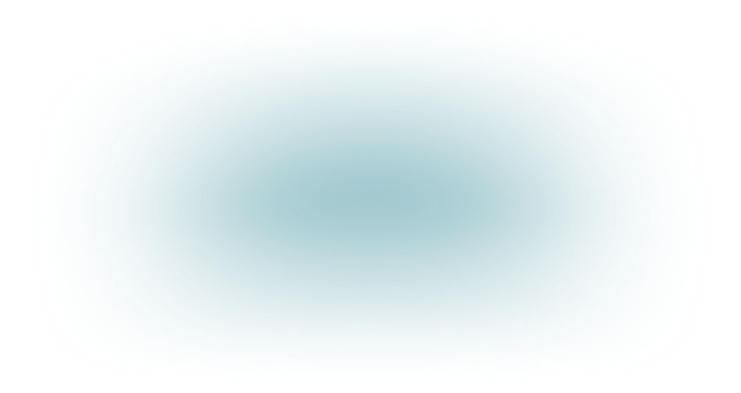
An AI-based image enhancement pipeline, AquaSee captures and analyzes ocean data
to
mitigate
adverse ecological impacts.
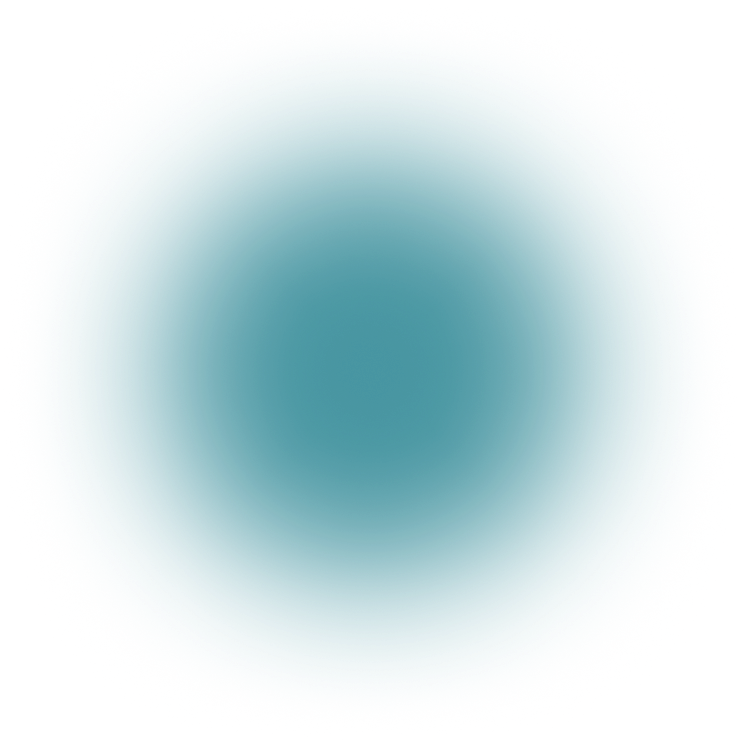
Got questions? Here are our most frequently asked questions
For a first-time user with a technical background like yours, operating UUR™ would be straightforward. The interface is designed to be user-friendly, with guided workflows and setup wizards that simplify installation and calibration. However, some familiarity with sensors, hardware connections, or data interfaces will definitely help speed up the learning process. First-time users without a technical background may require more initial training but can still operate it after going through tutorials.
The Academic Edition is optimized for educational purposes. It includes simulation tools,
learning modules, and limited hardware interfacing options to help students and researchers
experiment without requiring full-scale deployment.
The Quest Edition, on the other hand, is intended for field operations, real-time data
acquisition, and industrial use cases. It supports a wider range of sensors, higher data
throughput, and customization options. Based on your work in projects like vehicle tuning
and diagnostics, the Quest Edition would likely suit hands-on applications where hardware
integration and precise measurements are critical.
Yes, customization is one of UUR™’s key strengths. It supports integration with external sensors, diagnostic tools, and interfaces, much like how you are preparing to work with the Vgate vLinker MC+ for your Street Triple 675. Custom configurations require proper communication protocols (e.g., CAN, UART, or Bluetooth) and calibration parameters. Users with engineering experience can extend its capabilities or adapt it for specialized use cases like automotive tuning or environmental monitoring.
The operational limits depend on the specific configuration. Typically, the Quest Edition is built for industrial environments with protection against dust, vibration, and temperature fluctuations. If it’s used in automotive or outdoor applications, it can withstand depths up to a few meters underwater and temperature ranges from –20°C to +60°C, similar to rugged sensors in vehicle diagnostics. You would need to follow safety guidelines to ensure sensor waterproofing and proper enclosure.
A basic technical orientation covering system setup, sensor calibration, and data interpretation is required. For someone like you—familiar with vehicle systems, diagnostic tools, and hardware—training would mostly focus on interface workflows and safety protocols. For other users, the platform offers structured tutorials, troubleshooting guides, and hands-on workshops to build confidence before full deployment.
UUR™ is designed with ruggedized components to operate in challenging underwater environments. Its housing is typically rated IP68 or higher, ensuring protection against prolonged submersion, corrosion, and pressure. It can handle saltwater exposure, shock, and vibration—conditions similar to those encountered in offshore or automotive testing setups. However, proper sealing and periodic maintenance are necessary to ensure continued performance in highly abrasive or chemically reactive environments.
The battery life depends on the sensor load and operational mode. Under standard conditions, UUR™ can operate continuously for 8–12 hours, with power-saving modes extending this to 18–20 hours in low-activity scenarios. For longer missions, external power sources or hot-swappable battery packs are supported. This flexibility allows users like you, who are used to extended testing scenarios (for example, long diagnostic runs), to adapt the system to mission requirements without compromising reliability.
Deployment is designed to be efficient, especially for field engineers. With pre-configured mission profiles and automated calibration routines, a trained user can deploy UUR™ within 10–20 minutes. This includes powering up, sensor alignment, and system checks. For rapid response scenarios, Andromeida also offers quick-start guides and remote support tools that further reduce setup time.
Andromeida offers comprehensive support tailored to technical users like you:
Yes, UUR™ supports synchronized operation across multiple units. Through wireless or wired networks, data can be aggregated in real time, enabling coordinated mapping, sensor fusion, and redundancy. This makes it ideal for larger operations such as environmental monitoring, fleet diagnostics, or complex testing setups. Users with experience in multi-sensor systems—like yourself working on advanced vehicle tuning or diagnostics—can configure and control these units to scale operations efficiently.